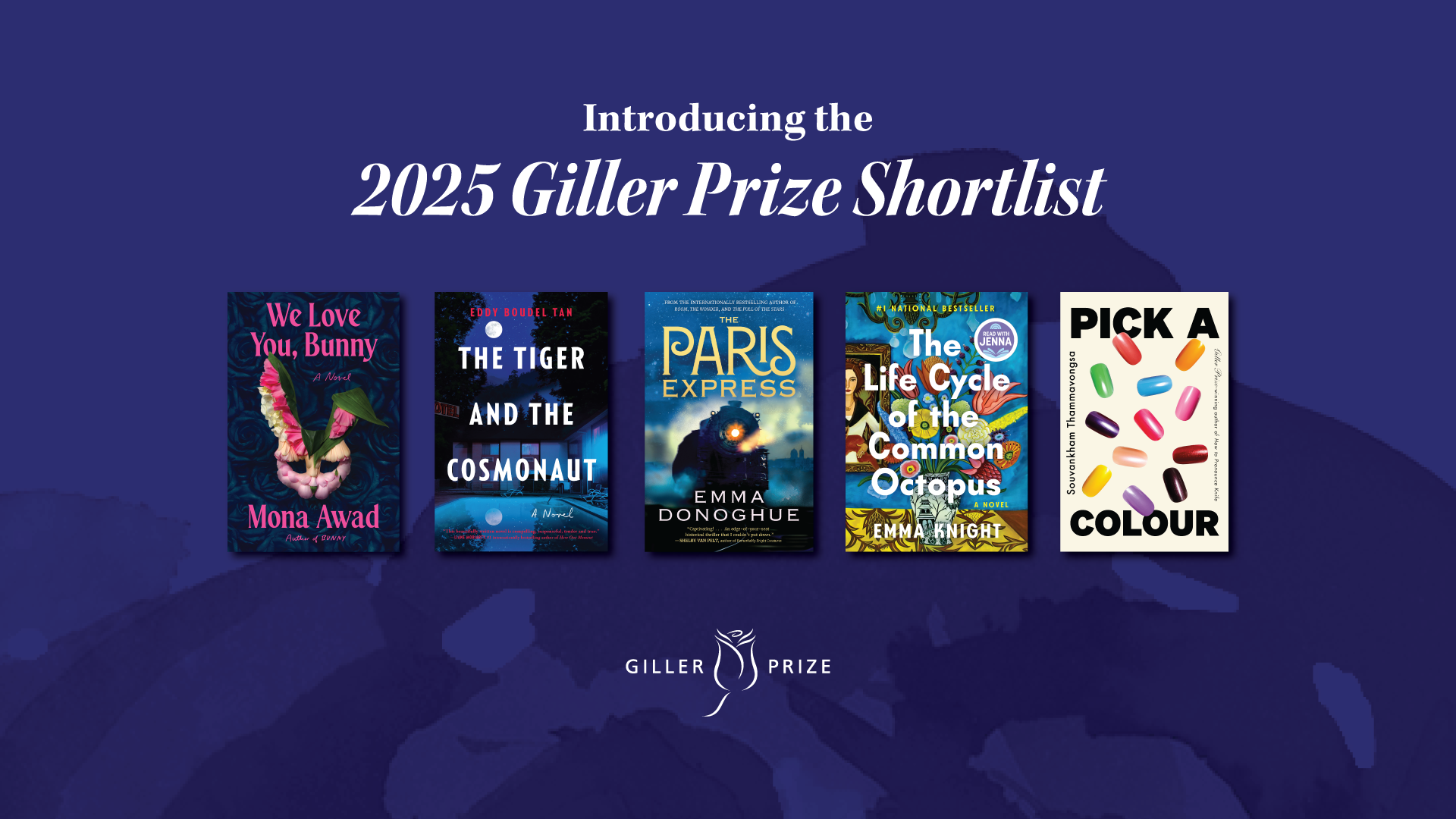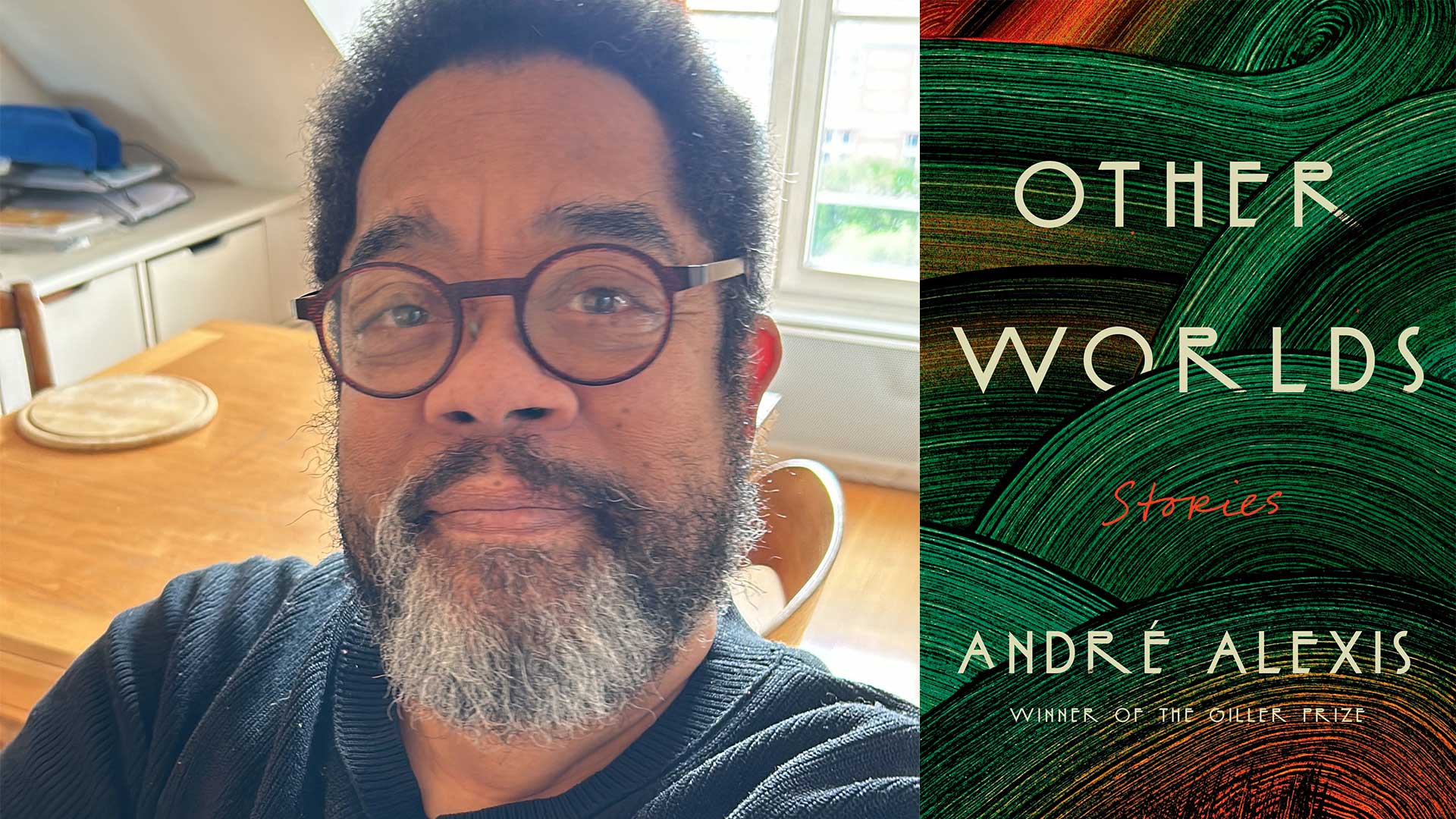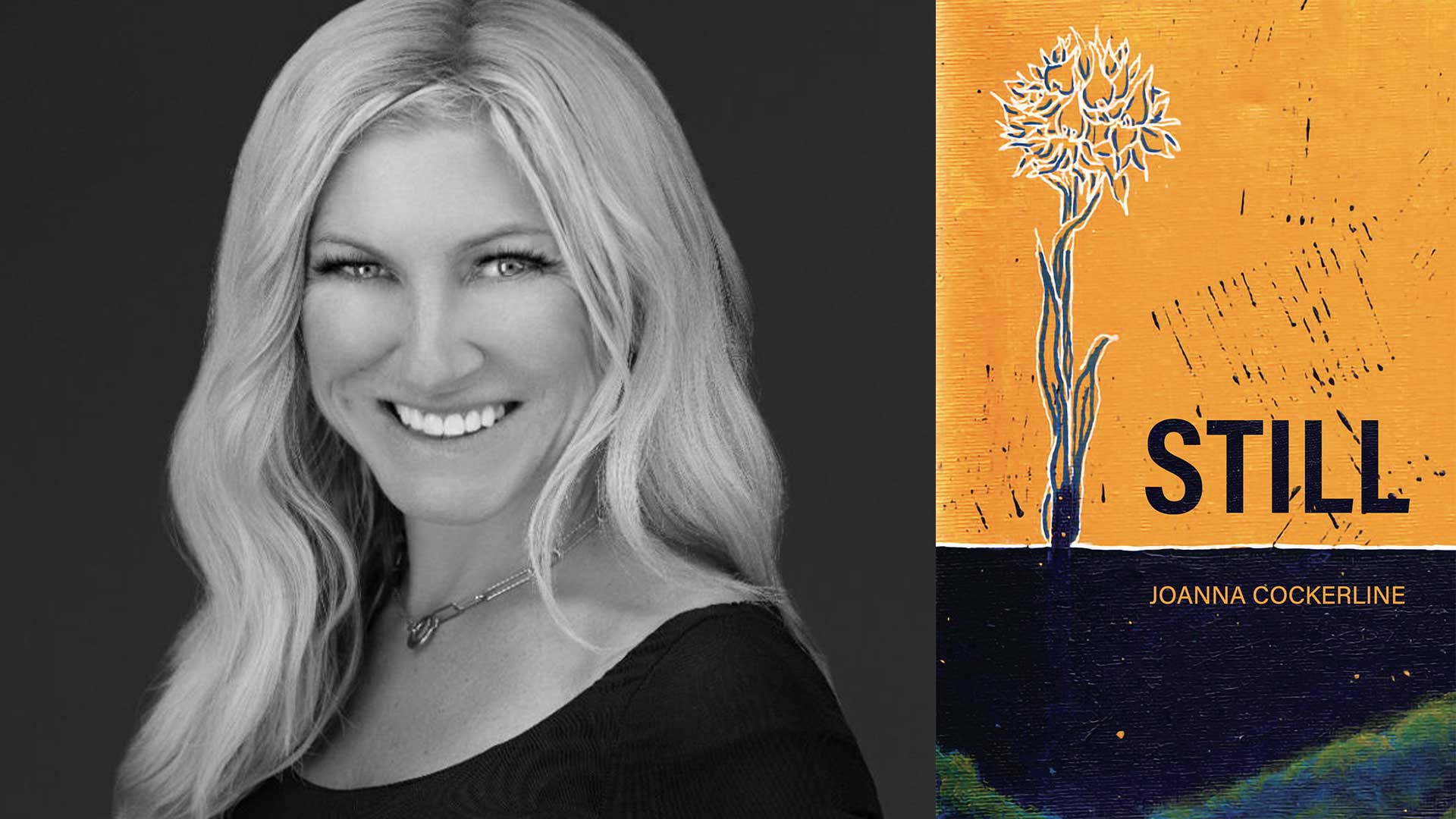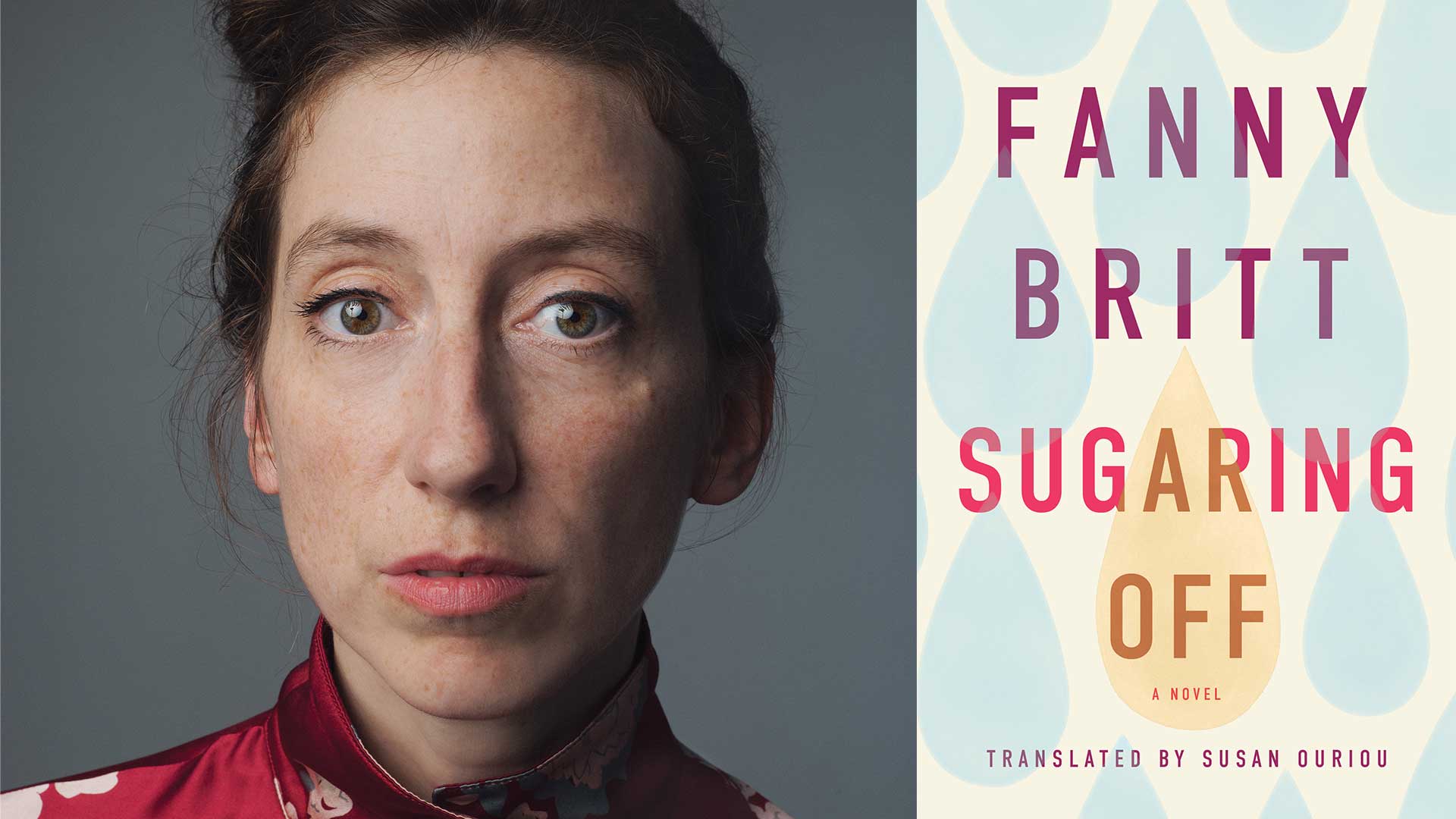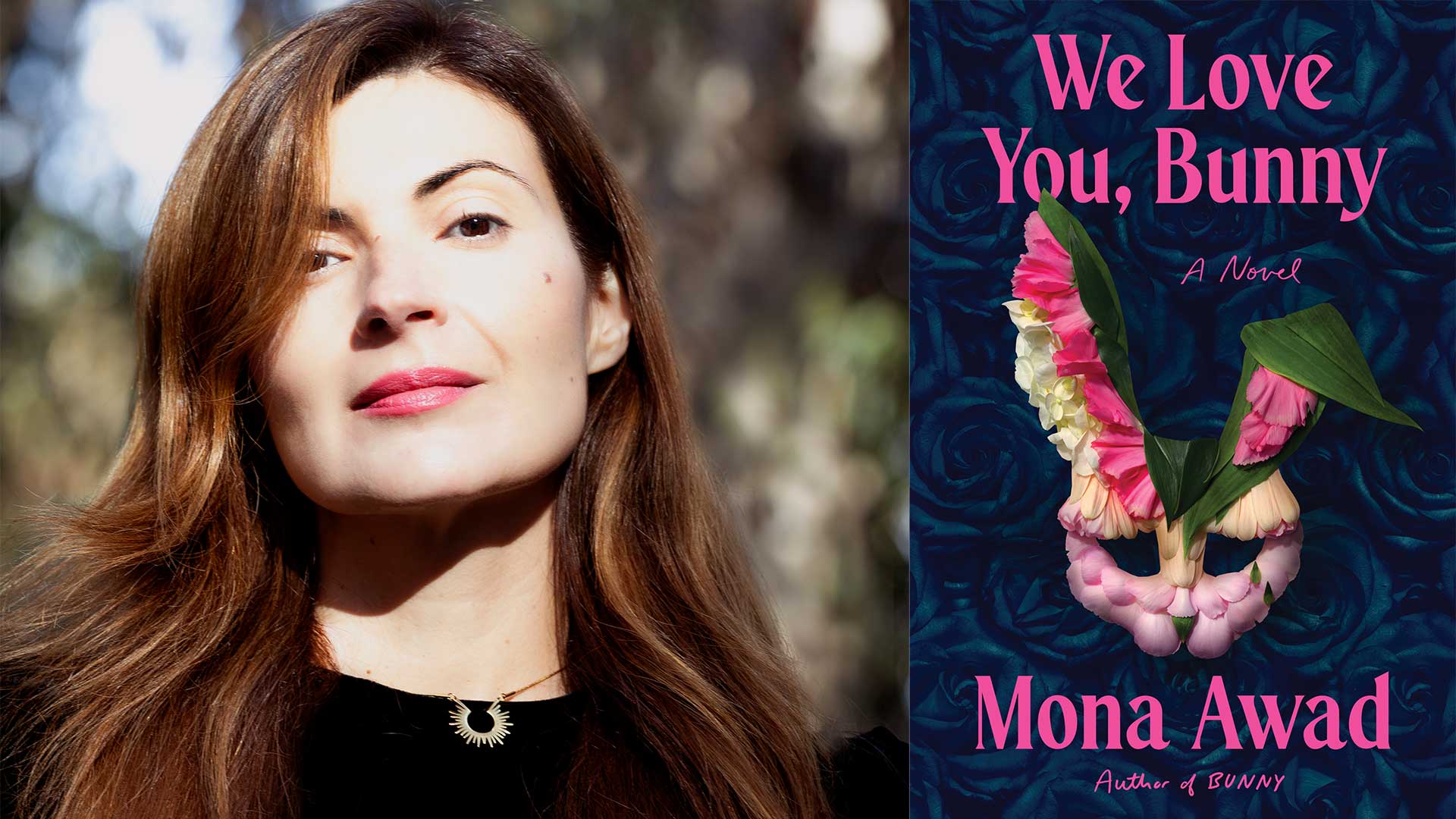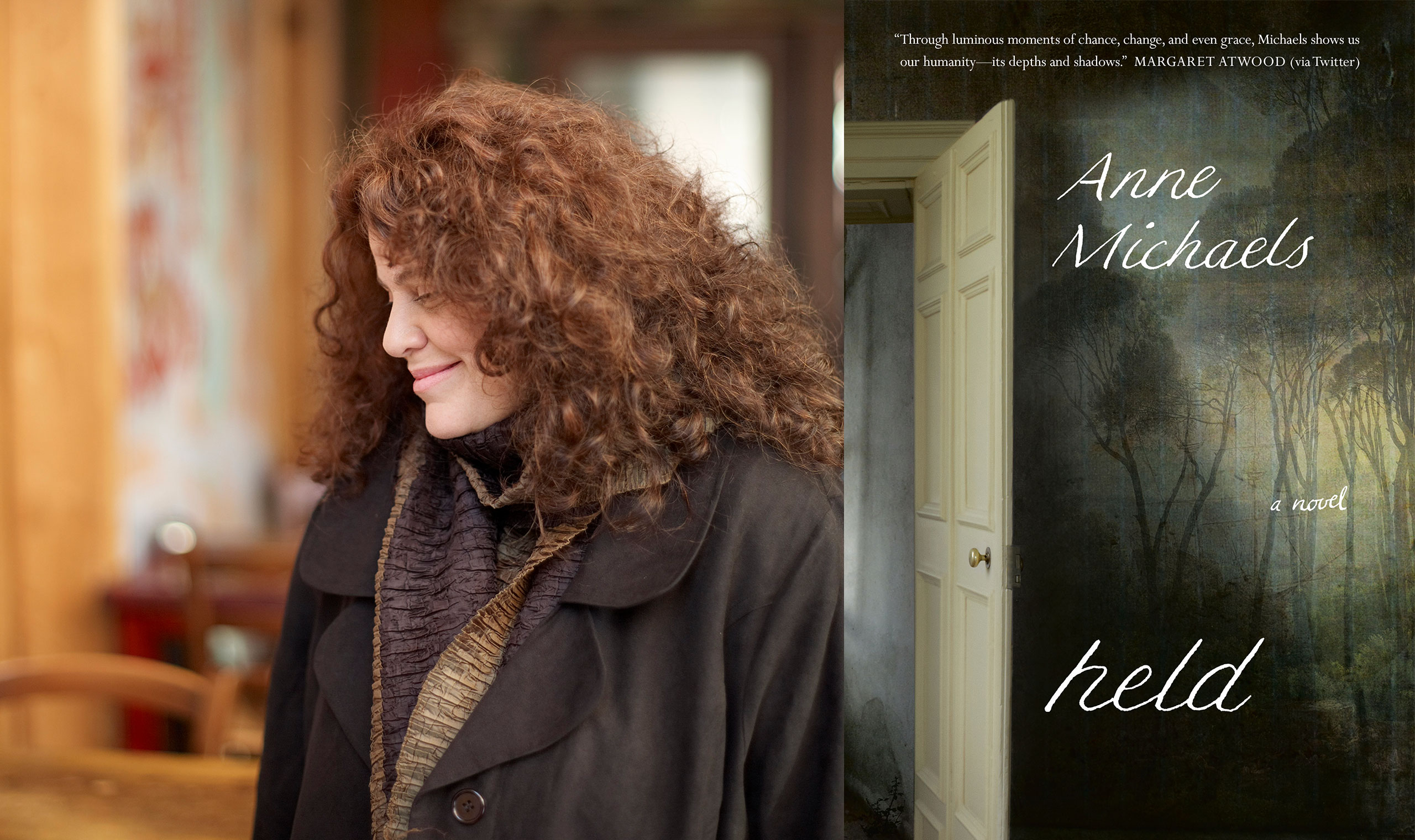
Giller Prize Spotlight: Anne Michaels
Giller Prize Spotlight: Anne Michaels
October 2, 2024
Anne Michaels’s novel, Held, has been longlisted for the 2024 Giller Prize.
Anne Michaels’s books have been translated into more than forty-five languages and have won dozens of international awards, including the Orange Prize for Fiction, the Guardian Fiction Prize, and the Lannan Literary Award for Fiction. She has been short-listed for the Governor General’s Literary Award, the Griffin Poetry Prize, twice short-listed for the Giller Prize, and twice long-listed for the International IMPAC Dublin Literary Award. Her novel Fugitive Pieces was adapted into a feature film. From 2015 to 2019, she was Toronto’s poet laureate. She lives in Canada.
What inspired you to write Held?
I knew that Held would require a great deal of research: consciousness, history, evolutionary biology, the history and philosophy of science; I wanted the research to be “invisible”, glinting under the surface. I wanted the structure of the book to be its own proof. I knew that writing Held would be a long process of distillation – to say as little as possible in order to try say everything that matters. And to make space for the reader: this has always been one of my abiding intentions; a book – or at least this book – is nothing if it does not listen.
With everything at stake, what do we need now?
Held asks: how have we, as a species, come to surrender so much that matters, squander so much? Why have we foreclosed our ancient relationship with the invisible world and with, by necessity, what cannot be proven? What is, if there is any to be found, the consolation at the heart of our mortality? Held says: precisely in the places we feel most abandoned, we are not alone. Everything I write is a form of witness. And every time writer and reader meet each other’s gaze, something is mended.
What do you hope readers take away from Held?
Held asserts that our inner lives – what we aspire to, what we value – are a real measure of history; Held wants to understand the forces that lead us to a present moment. Held asserts that love continues its task long past the span of a single life. Held wants to offer hope not as a last resort but as a foundational premise. Hope is not a luxury; it is our resistance.
What is your writing process?
When I begin a book, I always know it will take a long time to write; the process for me is one of receptivity, to be alert, all my instincts aroused; to challenge everything and discover what remains. When I research, I defy my assumptions to the limit: what I learn, what I’m left with, is what I can trust – and only then, offer to a reader. It is harrowing. Hope must be, in its way, a kind of potent inevitability – unassailable, something we can trust with our life. And as Held says: “nothing enrages the tyrant more than hope”.
Share this article
Follow us
Important Dates
- Submission Deadline 1:
February 14, 2025 - Submission Deadline 2:
April 17, 2025 - Submission Deadline 3:
June 20, 2025 - Submission Deadline 4:
August 15, 2025 - Longlist Announcement:
September 15, 2025 - Shortlist Announcement:
October 6, 2025 - Winner Announcement:
November 17, 2025
